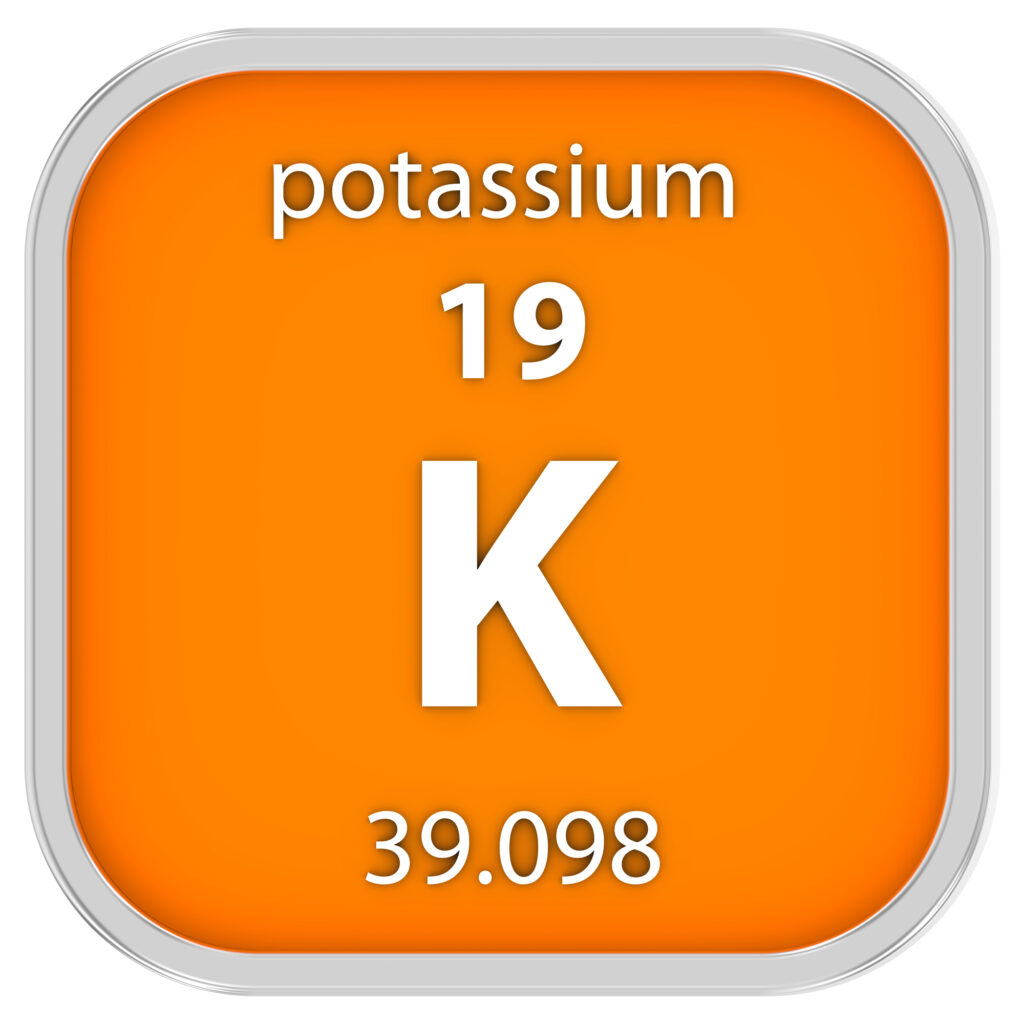Hypertension (high blood pressure) is known as the “silent killer” because it presents few, if any, symptoms and yet is responsible for more than 11 million deaths each year. For decades, scientists have warned of the risks of a high-sodium diet, as study after study has shown that not only does excess sodium lead to hypertension, but cutting back on sodium can actually relieve it.
But that may only be half of the picture, says Liping (Polly) Huang, PhD, a research fellow at The George Institute for Global Health in Australia and lead author of a new study on the effects of dietary potassium on blood pressure published in the Journal of Human Hypertension.
“High levels of sodium intake and low levels of potassium intake are widespread, and both are linked to high blood pressure and greater risk of stroke, heart disease, and premature death,” she said. “But the relative contributions of sodium reduction versus potassium supplementation were not well understood.”
The Study
To determine the effects of boosting potassium levels on blood pressure, Huang and her team analyzed data from more than 20,000 people participating in The George Institute’s Salt Substitute and Stroke Study (SSaSS), one of the largest dietary interventions ever attempted. Conducted in China over a period of five years, the SSaSS trial showed clear reductions in the risk of stroke (14%), major cardiovascular events (13%), and premature death (12%) from switching from regular salt to a potassium-enriched salt substitute.
To determine how much of this beneficial effect may have been related to increasing potassium levels (as opposed to decreasing sodium levels), the researchers used urine samples provided by study volunteers at baseline and each year thereafter. They analyzed urinary sodium and potassium excretion levels over the course of the study and mapped them to corresponding blood pressure readings. They then combined this data with the results of previous clinical trials describing the dose-response relationships between changes in sodium, potassium, and blood pressure.
Their analysis showed that supplementary potassium accounted for between 61% and 88% of the blood pressure-lowering effects recorded in the trial. In every case, the results indicated that the majority of the blood pressure fall was attributable to the increase in dietary potassium rather than the fall in dietary sodium.
“We have always known that potassium has a role to play in blood pressure control, but until we did these analyses, we didn’t realize just how important it could be,” said Huang.
Conclusions
Current dietary guidelines recommend a potassium intake of more than 3.5 grams per day, but a recent study found global mean intake was just 2.25 grams per day, with only 35% of the global population achieving the target amount.
“People find it hard to stick to dietary changes recommended to reduce sodium and increase potassium,” said Huang. “Salt substitutes are particularly interesting in this regard because most people can make the switch to potassium-enriched salt without much difficulty. With potassium-enriched salt substitutes, we have a highly feasible and low-cost opportunity to generate a massive global health benefit.”
The weight of the evidence has prompted a call to include recommendations on low-sodium potassium-enriched salt in hypertension treatment guidelines published in the journal of Human Hypertension.






